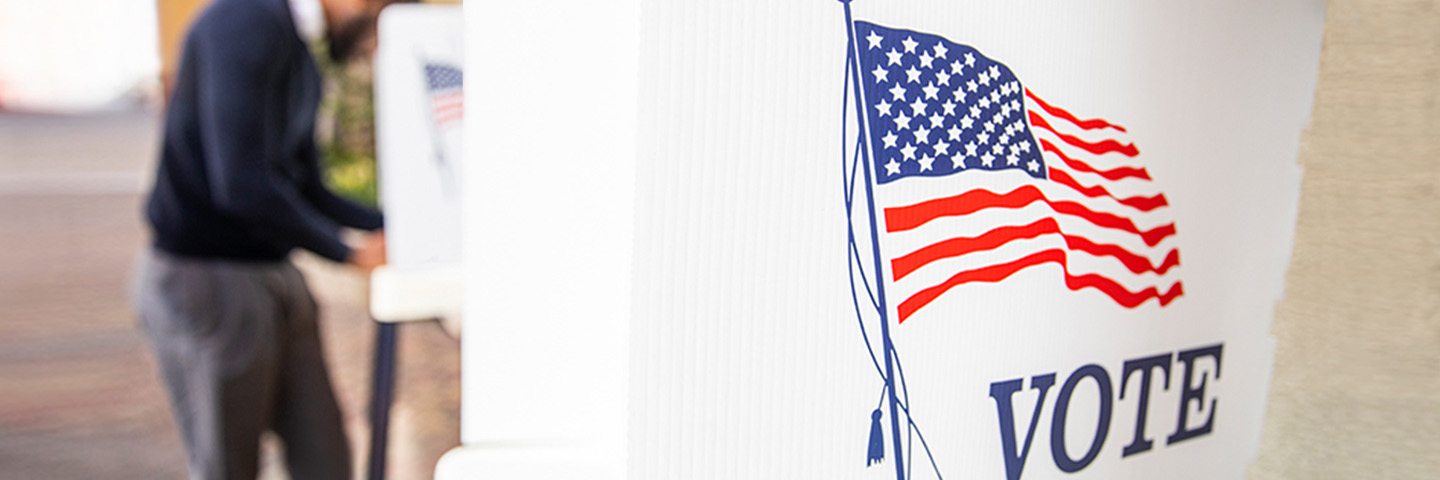Investing during a US election year can be tough on the nerves, and 2024 promises to be no different. Politics can bring out strong emotions and biases, but investors would be wise to put these aside when making investment decisions.
Benjamin Graham, the father of value investing, famously noted that “In the short run, the market is a voting machine but in the long run, it is a weighing machine.” He wasn’t literally referring to the intersection of elections and investing, but he could have been. Markets can be especially choppy during election years, with sentiment often changing as quickly as candidates open their mouths.
Graham first made his analogy in 1934, in his seminal book, “Security Analysis.” Since then, there have been 23 US election cycles and we have analysed them all to help clients prepare for investing in these potentially volatile periods. Below, we highlight three common mistakes made by investors in election years and offer ways to avoid these pitfalls and invest with confidence in 2024.
Mistake #1: Investors worry too much about which party wins the election
There’s nothing wrong with wanting your candidate to win, but investors can run into trouble when they place too much importance on election results. That’s because elections have, historically speaking, made essentially no difference when it comes to long-term investment returns.
“Presidents get far too much credit, and far too much blame, for the health of the US economy and the state of the financial markets,” says Capital Group economist Darrell Spence. “There are many other variables that determine economic growth and market returns and, frankly, presidents have very little influence over them.”
What should matter more to investors is staying invested. Although past results are not predictive of future returns, a $1,000 investment in the S&P 500 Index made when Franklin D. Roosevelt took office would have been worth almost $22 million today. During this time, there have been eight Democratic and seven Republican presidents. Getting out of the market to avoid a certain party or candidate in office could have severely detracted from an investor’s long-term returns.
By design, elections have clear winners and losers. But the real winners were investors who avoided the temptation to base their decisions around election results and stayed invested for the long haul.








